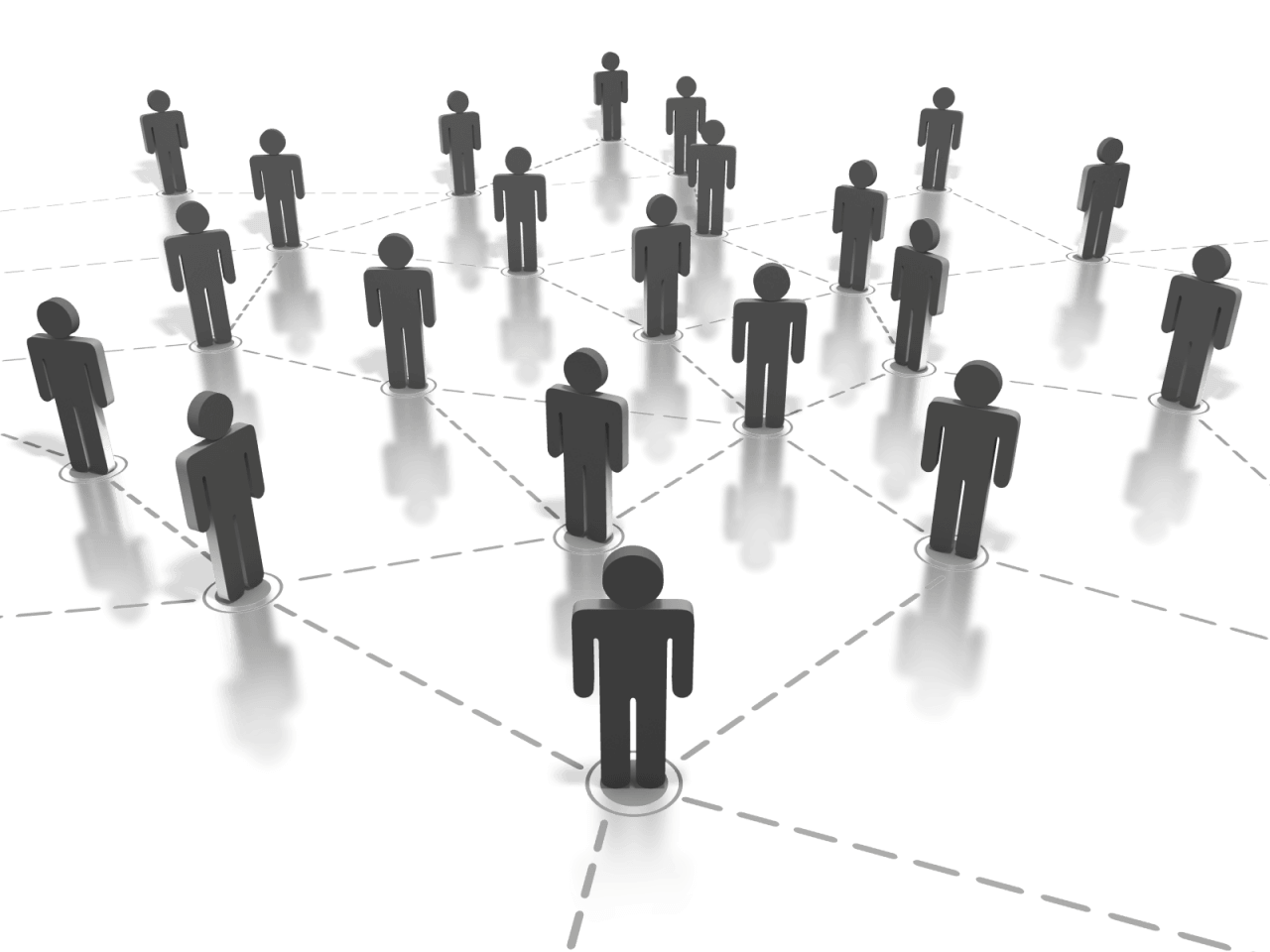All the jobs I’ve held as a petroleum engineer came from direct referrals. After I was laid off from my first job, I filled out a boatload of online applications to work at oil and gas companies.
I got zero results.
I landed my next petroleum engineering job through a university friend who was a CTO at the company. He randomly called me one evening and after a few interviews that were mostly formalities, I was in.
I asked him why’d he decide to call me? He said I took a class with his girlfriend and I helped her out. He and I were also in the same graduate program while working on our graduate degrees.
Be kind to others. You don’t know how that kindness will be returned.
The longer I’m in my career the more I realize who you know is more important than what you know. In industries like oil and gas, it matters much more than others.
I spent days applying to jobs after my first layoff. Knowing someone bypassed all of that.
A mistake I see people make is to prioritize the ambitions of a company to the detriment of their relationships with co-workers.
A company is limited in scope to itself. One day you’ll quit or be let go. Have you heard of a company that helps their former employees find work in the same industry? I haven’t either. It doesn’t exist. A previous co-worker, on the other hand, might help you.
While you build connections with co-workers and they eventually leave to work for another company, your network grows wider.

The conversation below becomes reality.
You: I want to apply to company X.
Friend: I got a buddy that works there, let me reach out to him.
Building connections makes you less exposed to the pains of being fired or laid off.
Antipatterns
Here are some examples of what not to do. Here’s how to screw up building connection with others.
Be a pain to work with
I’ve worked with an engineer who joined a company and found communication conflicts with most teammates within the first month.
There’s a saying — when everyone around you is guilty, take a look in the mirror and reflect.
Talk the talk, don’t walk the walk
The problem with bullshitting is that it’s like playing poker — you’ll bluff a few times but the people around you will eventually catch on.
I’ve seen engineers deliver grandiose speeches about what they can do and what the next steps should be. It sounds impressive. So impressive it makes me doubt my own skills.
It all goes wrong several months later when the entire world is promised and nothing is delivered.
Your teammates will catch on. They won’t tell you but they’ll know.
Throw people under the bus
I’ve seen engineers strive to impress the higher ups at the cost of making their co-workers undeservedly look bad.
This happens in companies with limited promotions. I think it’s a bad idea. Today it’s me, tomorrow it’s you that’s under the chopping block.
How to build connections at work
The co-workers I’d happily refer all share the traits below. Here’s how to build a stronger connection with your engineering teammates.
1 on 1s
Connect with some of your co-workers through 1 on 1s or debugging sessions.
I say choose some because there’s not enough time to connect with everyone if the team is big. It’s also easier to connect to some people and harder with others. I like the path of least resistance and connect where I can.
Being in the trenches together (coding or troubleshooting problems) builds stronger connections.
Be reliable
If I need help or we’re working on a project together, I’m confident they’ll come through.
If things go wrong, we’ll be open about what happened but neither of us will sacrifice each other to management.
Show up to meetings on time. If you’re going to be gone for longer periods, don’t just disappear. Let your manager and project stakeholders know.
Be visible
Software developers tend to be introverts. I lean towards that too. If you stay hidden, you won’t be noticed. Push yourself to be more visible. It’s a super power you’ll build that other software developers won’t.
When a question comes up in your team’s slack channel, take a few minutes to answer it.
When you learn a practical tip that helped you with work and it could help others, share it with your team during 1 on 1s, weekly engineering meetings, or the engineering slack channel.
I’ve seen engineers keep to themselves and therefore they rarely come up in conversations to their own detriment. Visibility matters.
Connect through a social network
Just in case one of you leaves unexpectedly, you should have a way to reach out. Either connect through LinkedIn, email, or sms. Which one you take depends on the relationship you’ve built.
Give value
When a co-worker I’ve enjoyed working with leaves the company, I’ll schedule a goodbye 1 on 1 with them.
I’ll offer to be a reference if they need it. I’ll reach out to them a half year from now to see how they’re doing in their new role.
Give value to others when you can.
One day, you might get a message from a co-worker asking you to come work with them. I’ve seen managers leave companies and take their engineers with them over the next few months.
You might be the person who moves companies and starts to refer your co-workers. It’s a win-win situation. It couldn’t happen if you didn’t prioritize building relationships with people over companies.
